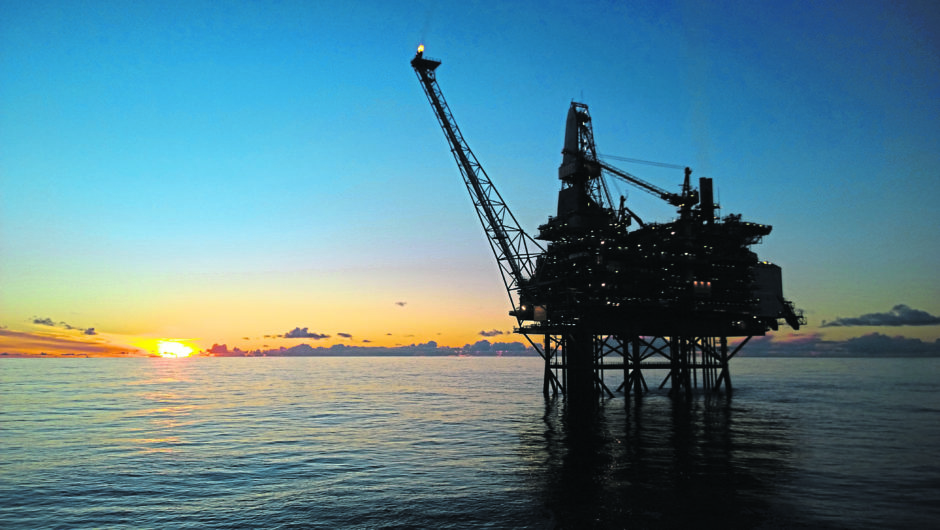
The Catering Offshore Trade Association (COTA) says it is “extremely disappointed” offshore caterers voted to snub its latest pay offer.
COTA believes the 7% increase tabled, which it has described as “unprecedented”, would have had an overall “positive impact” for employees.
Energy Voice revealed on Monday that offshore caterers are to be balloted on strike action after an “overwhelming” rejection of the proposed pay offer.
A letter, signed by both RMT and Unite the Union, confirming preparations are underway to ask North Sea catering members whether they back downing tools.
One union official said the number of workers involved in the action is thought to be in to the thousands, but COTA has since disputed that claim.
A ballot on the pay increase closed on Friday, with the vast majority of caterers rejecting the proposals.
Almost three quarters, 73%, of Unite members and 85% of RMT members voted to knock back the offer from COTA.
In the letter, the unions said: “The overwhelming result is to reject the proposed wage offer for 2022. Unite and RMT remain available for further talks around an improved offer, however we must now commence preparation for an industrial action ballot.”
A spokesperson for COTA said: “The Caterers Offshore Trade Association (COTA) is extremely disappointed that members of Unite and RMT, through the consultative ballot, have voted to reject our pay offer of a 7% increase on base pay. This is a significant unprecedented offer, which would have a positive impact on the total package for our employees.”
It is thought around 2,300 offshore caterers – employed by Conntrak, ESS, Entier, Trinity, Aramark, Sodexo and Foss – are covered by COTA, though not all are union members.
Despite the ballot result, there is still a long way to go before workers down tools.
An improved offer, which would then have to be voted on again, could be made in the coming weeks.
Just over a year ago, offshore catering members covered by Unite also rejected a basic pay offer from COTA.
There has been a sharp rise in North Sea industrial action in recent months, with workers trying to secure better wages to help with the cost-of-living increase.
